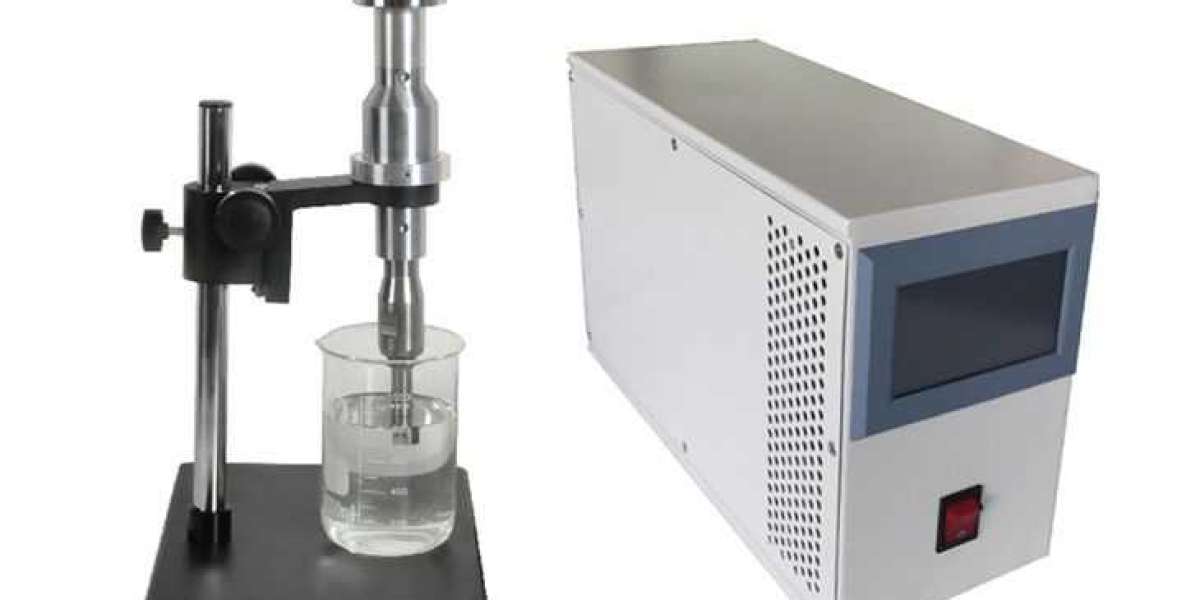Alcohol addiction can deeply affect every aspect of a person’s life, from relationships and career to physical health and mental well-being. For those struggling with severe alcohol use disorders, inpatient alcohol rehab in New Jersey offers a structured and supportive environment to begin the recovery proces s inpatient alcohol rehab nj.
In this article, we will explore what inpatient alcohol rehab entails, how it works, and why it may be the best choice for someone battling alcohol addiction.
What is Inpatient Alcohol Rehab?
Inpatient alcohol rehab is a residential treatment program where individuals live at a rehab facility for a designated period, typically ranging from 30 to 90 days. It offers a structured, safe, and drug-free environment for individuals who need intensive care and supervision to recover from alcohol addiction.
Inpatient rehab is ideal for individuals with severe alcohol addiction, those who have experienced relapses in the past, or those who need a comprehensive treatment plan that includes both detox and therapy.
The Benefits of Inpatient Alcohol Rehab
There are several key benefits of choosing inpatient alcohol rehab in New Jersey:
1. 24/7 Medical Supervision and Support
One of the primary benefits of inpatient rehab is the constant medical supervision available around the clock. For individuals undergoing alcohol detox, medical care is crucial to managing withdrawal symptoms safely. Inpatient centers have trained staff on-site, including doctors, nurses, and counselors, to provide immediate assistance if needed.
2. Safe and Structured Environment
Alcohol rehab centers offer a structured routine that includes therapy, physical activity, and social support. This structure helps individuals stay focused on their recovery and avoid external triggers that could lead to relapse. The environment is free from alcohol and other substances, allowing patients to focus solely on their recovery.
3. Comprehensive Detoxification
Many inpatient alcohol rehabs in New Jersey integrate detoxification into their programs. Detox is the first step in treating alcohol addiction, where the body is cleansed of alcohol while managing withdrawal symptoms. Inpatient rehab facilities provide medically supervised detox to ensure that patients can detoxify safely and comfortably.
4. Individualized Treatment Plans
Each person’s journey with alcohol addiction is unique, which is why inpatient rehab centers create personalized treatment plans. These plans may include various forms of therapy, such as cognitive behavioral therapy (CBT), family therapy, and group therapy, tailored to the individual’s specific needs.
5. Therapeutic Interventions
In addition to medical care, inpatient rehab offers therapeutic interventions to address the underlying causes of addiction. Therapies such as cognitive-behavioral therapy (CBT), dialectical behavioral therapy (DBT), and motivational interviewing (MI) can help individuals identify and change destructive behaviors, learn new coping strategies, and improve emotional regulation.
6. Peer Support
In inpatient rehab, individuals interact with others who are also working on their recovery. This sense of community and shared experience can be incredibly powerful. Group therapy sessions allow patients to connect with others, share their stories, and offer each other support in a safe, non-judgmental environment.
7. Aftercare and Continued Support
Most inpatient rehab centers in New Jersey offer aftercare programs that help individuals transition back into their everyday lives after completing treatment. This may include ongoing therapy, support groups, and sober living options to prevent relapse and ensure long-term recovery.
The Inpatient Alcohol Rehab Process
1. Assessment and Intake
The process typically begins with an initial assessment. During this phase, the rehab facility gathers important information about the individual’s alcohol use history, mental health, physical health, and previous treatment attempts. This helps the facility create a tailored treatment plan for the individual’s specific needs.
2. Detoxification
For individuals with a physical dependence on alcohol, detoxification may be the first step. This process involves clearing alcohol from the body while managing withdrawal symptoms. Detox can be physically uncomfortable, but medical supervision helps reduce risks and ease symptoms. Some common withdrawal symptoms include nausea, tremors, anxiety, and seizures.
3. Therapeutic Treatment
After detox, the focus shifts to addressing the psychological and emotional aspects of addiction. This is done through various individual and group therapy sessions. Individuals will work closely with therapists to uncover the root causes of their addiction and develop healthier coping mechanisms.
Common therapy options include:
- Cognitive Behavioral Therapy (CBT): A goal-oriented therapy that focuses on changing negative thought patterns.
- Dialectical Behavioral Therapy (DBT): Helps individuals manage emotions, regulate behavior, and cope with distress.
- Motivational Interviewing (MI): Encourages individuals to explore their reasons for change and commitment to recovery.
4. Family Therapy
Alcohol addiction often affects not only the individual but also their loved ones. Family therapy can be a crucial part of the treatment process, helping families rebuild trust, communication, and understanding. This also helps loved ones learn how to support the individual’s recovery.
5. Rehabilitation and Life Skills
Rehabilitation in an inpatient program includes life skills training, which teaches individuals how to cope with everyday stressors without relying on alcohol. This can include developing skills such as:
- Stress management techniques
- Healthy decision-making
- Conflict resolution
- Time management
These skills are vital for long-term recovery and maintaining sobriety.
Choosing the Right Inpatient Alcohol Rehab in New Jersey
If you or a loved one are considering inpatient alcohol rehab in New Jersey, it’s important to choose a facility that meets your unique needs. Here are some key factors to consider:
- Accreditation: Ensure the facility is accredited by organizations like The Joint Commission or CARF to ensure high-quality care.
- Treatment Options: Look for centers that offer a variety of treatments, including detox, individual therapy, group therapy, family therapy, and holistic therapies.
- Specializations: Some centers may specialize in treating co-occurring disorders, such as dual diagnosis (substance abuse and mental health disorders). If this applies to you, make sure the facility can address both issues.
- Location: Consider whether you prefer a center closer to home for support or a more secluded location for privacy.
- Insurance and Costs: Check if the facility accepts your insurance and explore financing options, if necessary.
- Reviews and Reputation: Look at reviews and talk to former patients if possible to gauge the quality of care.
After Inpatient Rehab: The Importance of Aftercare
Once the inpatient rehab program is complete, the journey to recovery doesn’t stop. Aftercare is critical for maintaining sobriety and avoiding relapse. Aftercare services can include:
- Outpatient counseling
- Sober living environments
- Support groups (e.g., Alcoholics Anonymous)
- Continued therapy sessions
Aftercare helps provide ongoing support and accountability, ensuring that individuals have the tools and resources to remain sober in the long term.
Conclusion
Inpatient alcohol rehab in New Jersey provides individuals with a structured, supportive environment where they can begin the journey to recovery. From detoxification to therapy and aftercare, inpatient programs offer comprehensive treatment to address both the physical and emotional aspects of alcohol addiction.
If you or a loved one are struggling with alcohol addiction, inpatient rehab may be the best path to lasting sobriety. Take the first step towards recovery and find a rehab center in New Jersey that can provide the support and care you need to heal and thrive. ??








